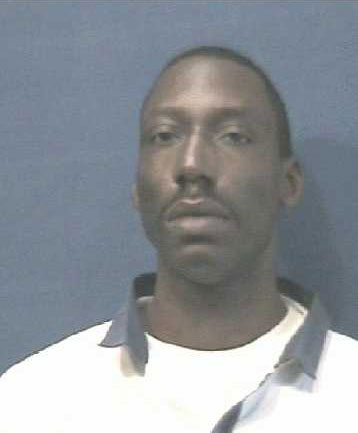
The founders of the Philadelphia Society for Alleviating the Miseries of Public Prisons were keenly concerned with its place in elite discourse. The founders were leading members of Philadelphia society — clergy, doctors, printers, writers, merchants, and others.^ Ten days after the Philadelphia Society’s founding in 1787, Benjamin Rush, a founder, attempted to bring its constitution to John Howard’s attention through a letter to one of Howard’s close friends. Howard was at this time a highly celebrated public figure. Rush proceeded with a combination of flattery and self-promotion in his letter to Howard’s friend:
The institution {the Philadelphia Society} has grown out of his excellent history of Prisons {The State of the Prisons}, aided in a small degree by the pamphlet lately published in this city upon the effects of public punishments upon criminals and society {Rush’s own work, Enquiry into the Effects of Public Punishments upon Criminals, and upon Society} …I beg you to show it {the Constitution of the Philadelphia Society} to Mr. Howard (if returned to London), or publish it in some of your periodical papers.^
In a subsequent letter directly to Howard, Rush thanked Howard for “the immense services you have rendered to humanity and science” and invited Howard to visit the U.S.^ A few months later, the President of the Philadelphia Society also wrote to Howard. He enclosed a copy of the Society’s constitution, asked Howard for his thoughts upon it, and praised Howard for his work.^
Howard was impressed with Philadelphia Society. In an edition of his work published in 1789, Howard declared:
Should the plan take place, during my life, of establishing a permanent charity, under some such title as that at Philadelphia, viz. A society for alleviating the miseries of public prisons, and annuities be engrafted thereupon for the abovementioned purpose, I would most readily stand at the bottom of the page as a subscriber of £500; or if such a society shall be constituted within three years after my death, this sum shall be paid out of my estate.^
The Philadelphia Society surely counted this citation as a major success.